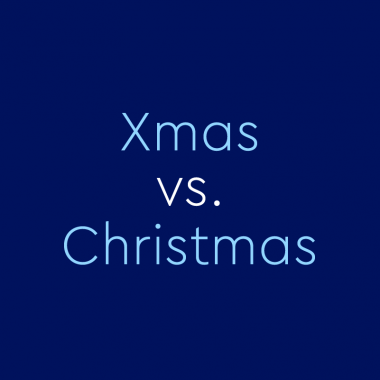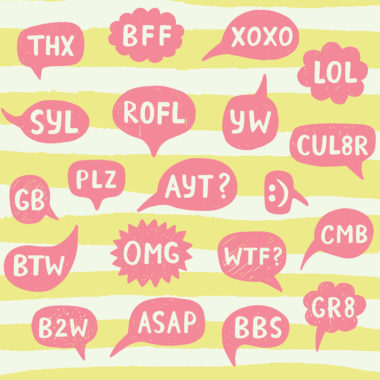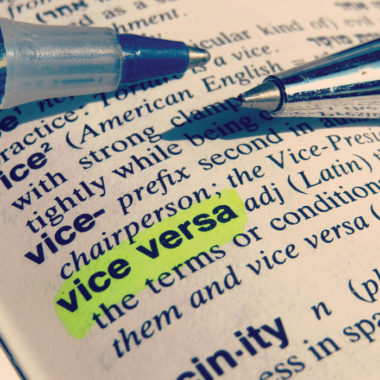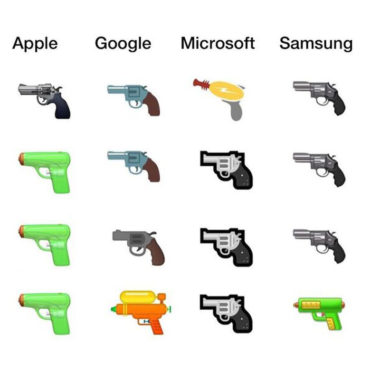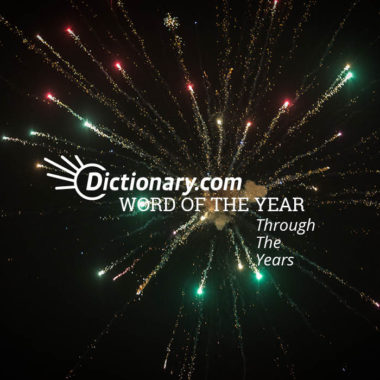These Idioms Were Turned Into Some Of TV’s Most Popular Shows
Television has a habit of repurposing and repackaging common sayings into names of shows, from Breaking Bad to Six Feet Under, and it’s easy to understand why: Idioms are packed with rich associations that resonate instantly with viewers, and when applied to titles of the small screen, they quickly communicate the sensibilities of the shows. Take a look at how some of these idiomatic phrases were …

